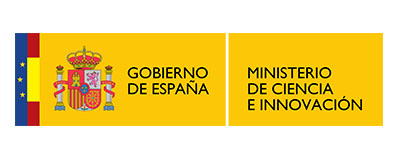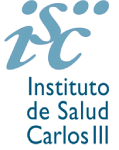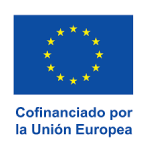



Título
DESERT: Diet and Exercise Strategies for Equity in Rural Territories/Estrategias de dieta y ejercicio para la equidad en los territorios rurales
Descripción
Human service deserts are geographic areas where the population has limited access to essential services, such as health, social care and education. These deserts occur when institutions and businesses that provide essential services are unavailable or inaccessible due to geography, lack of resources, or discrimination.
Often associated with human service deserts are food deserts, which are areas where the population has limited access to healthy and affordable food, as well as physical exercise deserts, where people face issues in their built environments that make it difficult to be physically active. Food and physical exercise deserts can be found both in densely populated cities and in low-population density areas. Living in these deserts increases the risk of chronic and cardiovascular diseases.
Objetivos y Resultados
Rural areas, in particular, are often underfunded and chronically underserviced. After the COVID-19 pandemic exposed some of the difficulties that people living in these areas face daily, human services deserts have attracted more attention from the research community. Yet, there is more to be done to describe the extent of the problem in Europe. The DESERT project aims to identify, map and profile food and physical exercise deserts in three European countries; define, operationalize and test the concept of physical exercise desert; promote health and social equity in rural communities in Southern European countries; and explore strategies for multisectoral and intersectoral action for health and wellbeing in collaboration with local agents and stakeholders, to address the inequities that people living in underpopulated, underserviced, and often deprived, rural areas endure. Ultimately, we expect that the results from this collaboration will help to place the needs of those who live in food and physical exercise deserts at the forefront of the political agenda, attracting funding, services and infrastructure to these areas and, hence, reducing health inequities.
IP IIS Aragón
Arturo Aliaga Guillén
Organismo Financiador
Subvención económica concedida dentro de la Convocatoria Proyecto de Colaboración Internacional de la AES-2023 del Instituto de Salud Carlos III, con código de expediente AC23_2/00003, y ligado al Partenariado para el Fomento de un Espacio Europeo de Investigación para la Salud (ERA4Health) (GA N° 101095426 del Programa de Investigación e Innovación Horizonte Europa de la UE) / ERA4Health-HealthEquity (cofinanciado por la Unión Europea).
Presupuesto total del Proyecto: 638.591 €
Financiación IISA (ISCIII): 177.500 €
Coordinador
Universidad de Zaragoza (UNIZAR), España
Socios
- Fundación Instituto de Investigación Sanitaria Aragón (IIS Aragón), España
- Istanbul Medipol Universitesi, Türkiye
- University of Evora, Portugal
Duración
01/01/2024 – 31/12/2026 (36 meses)
